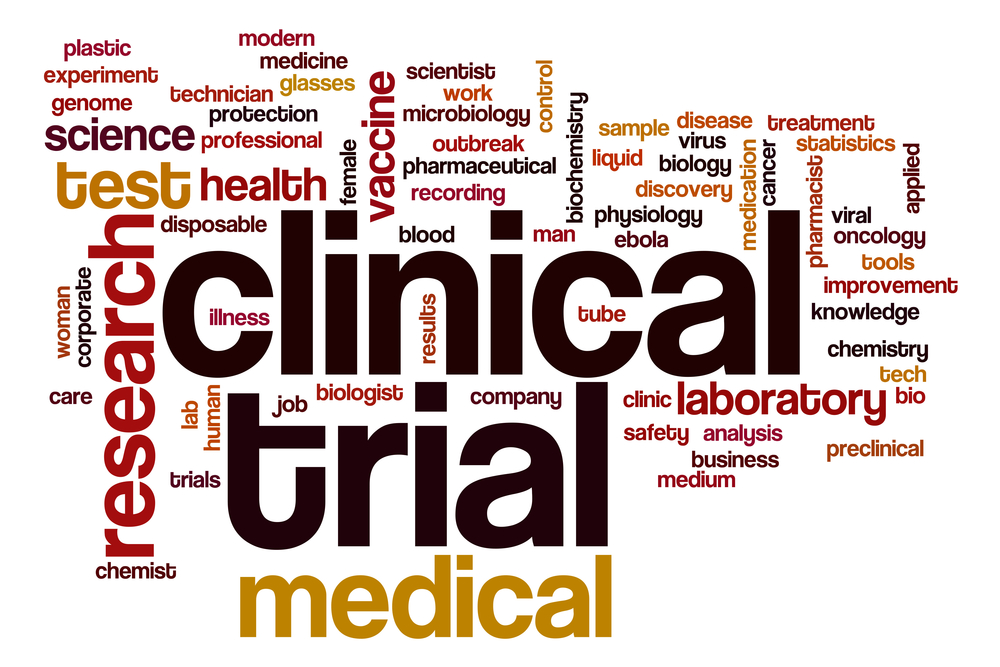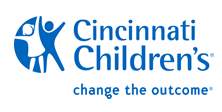1st Duchenne MD Patient with Cardiomyopathy Receives Stem Cell Therapy in Clinical Trial, Enrollment Open to Others
Written by |

Capricor Therapeutics, Inc., a clinical-stage biotechnology company, has treated the first Duchenne muscular dystrophy patient with related cardiomyopathy with its drug candidate CAP-1002, and is continuing to enroll people in its HOPE-Duchenne (Halt cardiomyOPathy progrEssion in Duchenne) Phase I/II clinical trial (ClinicalTrials.gov Identifier: NCT02485938).
CAP-1002 is a proprietary allogeneic, cardiosphere-derived stem cell (CDC) therapy, and is the Los Angeles-based company’s lead product candidate. The drug, which is designed for ready-to-use cardiac cell therapy, is derived from donor heart tissue and infused directly into a patient’s coronary arteries via catheterization. CAP-1002 acts by decreasing scar tissue and promoting the growth of heart muscle, which may attenuate or prevent the development of heart failure. The company notes that cardiomyopathy is currently the leading cause of death in patients with Duchenne muscular dystrophy (DMD), having recently overtaken respiratory problems as a cause of mortality, a change attributable to recent improvements in respiratory therapies. Capricor says CAP-1002 is unique in being the only allogeneic, intracoronary delivered, cardiosphere-derived cell treatment currently under development, and has been granted orphan drug designation by the U.S. Food and Drug Administration (FDA) for the treatment of cardiomyopathy associated with DMD.
 The HOPE-DUCHENNE trial is currently recruiting patients, with enrollment ongoing at the Cincinnati Children’s Hospital Medical Center in Cincinnati, Ohio, and at Cedars-Sinai Heart Institute in Los Angeles, California. Participants will receive CAP-1002 in all three coronary arteries using the same non-stop flow technique used in Capricor’s recent DYNAMIC trial for adult patients with Class 3 heart failure.
The HOPE-DUCHENNE trial is currently recruiting patients, with enrollment ongoing at the Cincinnati Children’s Hospital Medical Center in Cincinnati, Ohio, and at Cedars-Sinai Heart Institute in Los Angeles, California. Participants will receive CAP-1002 in all three coronary arteries using the same non-stop flow technique used in Capricor’s recent DYNAMIC trial for adult patients with Class 3 heart failure.  The first six HOPE-DUCHENNE trial subjects will be 18 years or older, then, pending a safety review, the trial may be opened to adolescents 12 years of age and over.
The first six HOPE-DUCHENNE trial subjects will be 18 years or older, then, pending a safety review, the trial may be opened to adolescents 12 years of age and over.
Males with cardiomyopathy secondary to DMD meeting specified criteria will be enrolled and randomized in a 1:1 manner to either intracoronary infusion of CAP-1002 in three coronary arteries, or to usual care. All subjects assigned to the trial’s active treatment arm will receive an intended total dose of 75 million (M) CAP-1002 cells, infused as 25M cells into each of the three arteries supplying the three major cardiac territories of the left ventricle (anterior, lateral, inferior/posterior). If any of the three arteries are deemed to supply less than 30 percent of the left ventricular myocardium, the infusing investigator may choose to infuse only 12.5M cells into the artery or arteries. The full dose of CAP-1002 delivered, therefore, may range from 50M cells to 75M cells if all three arteries are infused. Subjects randomized to receive usual care will continue to be treated in whatever manner the investigator deems most appropriate, and will receive no infusion.
 The initial Phase 1/2 trial participant was treated at the Cincinnati Children’s Hospital Medical Center under the direction of Dr. John Jefferies MD, MPH, FAAP, FACC, the principal investigator of the study, officially titled “A Randomized, Open-label Study of the Safety and Efficacy of Multi- Vessel Intracoronary Delivery of Allogeneic Cardiosphere-Derived Cells in Patients With Cardiomyopathy Secondary to Duchenne Muscular Dystrophy.” The patient was reported to tolerate the treatment well.
The initial Phase 1/2 trial participant was treated at the Cincinnati Children’s Hospital Medical Center under the direction of Dr. John Jefferies MD, MPH, FAAP, FACC, the principal investigator of the study, officially titled “A Randomized, Open-label Study of the Safety and Efficacy of Multi- Vessel Intracoronary Delivery of Allogeneic Cardiosphere-Derived Cells in Patients With Cardiomyopathy Secondary to Duchenne Muscular Dystrophy.” The patient was reported to tolerate the treatment well.
The HOPE-Duchenne trial’s objectives are to investigate therapeutic efficacy, safety, and tolerability of CAP-1002 administered by multi-vessel intracoronary infusion in subjects with cardiomyopathy secondary to Duchenne muscular dystrophy (DMD). The trial will evaluate CAP-1002’s effectiveness in stabilizing or improving cardiac structure in these people by evaluating functional status, and through an assessment of quality of life.
Safety will be established with summaries of changes in coronary blood flow events, major cardiac events, laboratory assessments, vital signs, physical examination, ECG, and major adverse events, if any.
Up to 24 participants will be evaluated at weeks two and six, and at months three, six, and 12 after randomization (for usual care arm) or after CAP-1002 infusion (active treatment arm). Data for primary outcome measures is expected to be completed in May 2017, and the study is to conclude in July 2017.
“DMD is a genetic disorder characterized by progressive muscle deterioration. Patients with DMD also develop cardiopulmonary dysfunction in their teen years with death often occurring in their twenties,” says Dr. Jefferies, a professor of Pediatric Cardiology and Adult Cardiovascular Diseases at the University of Cincinnati College of Medicine and director of the Advanced Heart Failure and Cardiomyopathy unit at the Cincinnati Children’s Hospital Medical Center. “Based on Capricor’s prior encouraging clinical experience with CDC cell therapy in adults who have either suffered a heart attack or have heart failure, supplemented by the positive data in the mouse pre-clinical model of DMD (mdx), we are pleased to be able to begin the HOPE trial in boys and young men with DMD. Scarring is the hallmark of DMD cardiomyopathy and as the patients get older, the scar quantity expands and cardiac function then deteriorates. CDCs have been shown clinically in both the CADUCEUS and ALLSTAR Phase I clinical trials to reduce scar in the heart which might also benefit boys with DMD cardiomyopathy. We are happy to report that our first patient in the trial tolerated the CAP-1002 infusion procedure extremely well.”
 “We are thrilled to have initiated the HOPE-Duchenne clinical trial,” says Linda Marbán, PhD, chief executive officer and co-founder of Capricor. “CAP-1002 is to our knowledge the only clinical stage therapy intended to reduce fibrosis and scar in hearts affected by DMD. One of our goals with our CDCs is to target orphan diseases with cardiac implications, and DMD cardiomyopathy is our first target along these lines. We are hopeful that CAP-1002 may be a big step forward as a treatment option for DMD cardiomyopathy which at present is a progressive disease with poor therapeutic options.”
“We are thrilled to have initiated the HOPE-Duchenne clinical trial,” says Linda Marbán, PhD, chief executive officer and co-founder of Capricor. “CAP-1002 is to our knowledge the only clinical stage therapy intended to reduce fibrosis and scar in hearts affected by DMD. One of our goals with our CDCs is to target orphan diseases with cardiac implications, and DMD cardiomyopathy is our first target along these lines. We are hopeful that CAP-1002 may be a big step forward as a treatment option for DMD cardiomyopathy which at present is a progressive disease with poor therapeutic options.”
For more information, visit capricor.com/hope/ or clinicaltrials.gov/ct2/show/NCT02485938?term=capricor&rank=1.
Sources:
Capricor Therapeutics, Inc.
ClinicalTrials.gov
Cincinnati Children’s Hospital Medical Center
Cedars-Sinai Heart Institute





